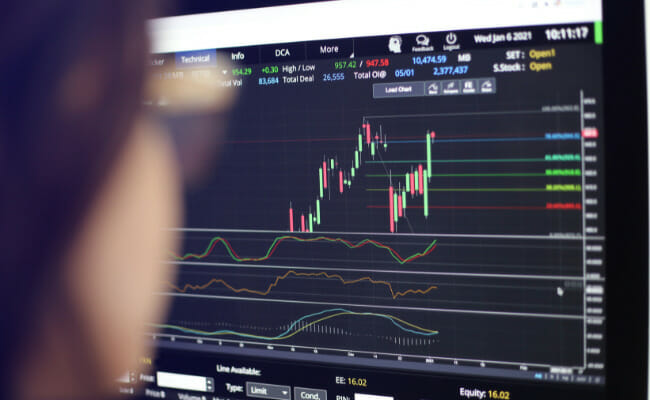The Most Important Forex Trading Terminology
There’s nothing like the excitement of entering a new industry or discovering a new interest. However, if you’re going to thrive in your new role or just trying to minimize its high risks, you have to research the terminology and learn as much as you can about the industry so you understand it and, eventually, know it inside and out.
This is especially the case if you take up an activity such as day trading via CFDs or spread betting, click here to read more.
Forex markets can be highly volatile, which means you can make a lot of money quickly, or, if you haven’t timed your trade well, possibly lose a lot of money. Below is a look at some of the most important terms in forex trading and their significance.
Currency pair

A currency pair is the quotation of two currencies, with the value of one being quoted against the value of the other. The first quoted currency is the base currency, which indicates how much of the second currency you need to buy, and is bought; and the second currency is the quoted currency sold.
A currency pair can be a single unit. When buying from a forex broker, you buy the base currency and sell the quote one; and when you sell your currency pair, you’re selling the base currency and receiving the quote one.
Understanding the relationship between the currencies allows you to make money on the difference in values between the two currencies. Interest rates, central bank intervention in monetary policy, gross domestic product (GDP), and other economic events can all affect currency pairs, so keeping up to date with economic events is also important when you’re trading currencies.
Exchange rate
The exchange rate is the rate at which you must exchange one currency for another. It indicates how much of one currency you need to buy a single unit of the other. EUR/USD = 1.127, for instance, would mean that a single euro is equal to 1.127 US dollars.
Again, understanding this is advantageous because when you’re trading currencies, you might be able to capitalize on the difference in values between the two currencies to make a profit. In the example above, if you were to wait for the euro to get stronger, you’d be able to get more dollars for a single unit.
Ask price
The asking price, which you’ll also see referred to as the “offer price,” is the price on the right-hand side of a quote. You can buy the base currency at this price. Understanding the asking price correctly is crucial so that you’re paying the best possible price for your currency. The less you can pay for your currency the better.
Bid price
The bid price is the price on the market at which you can sell an asset and represents demand. It’s the price at which a forex broker would be willing to buy the base currency in exchange for the counter currency. The bid will always be lower. Understanding the bid price is important because it helps you to understand the level of demand for a currency and, as a result, when you can sell your currency at higher prices or lower ones.
Percentage In Point (PIP)
The PIP is the fourth decimal figure on a price quote for a currency. It reflects the smallest possible movement in an exchange rate for a currency pair. Let’s suppose the AUD/USD price quote is 0.6876. If the PIP changes to 7, changing the price quote to 0.6877, you’d be able to get slightly more US dollars for each Australian dollar.
The PIP is more significant than you might imagine. Although it might only be a small decimal, even the slightest shift can have a significant impact on the forex market. This is because some traders will be trading vast sums of currency.
Bid-ask spread
The spread is the difference between the bid and the asking price. It’s a transaction cost and is payable on opening and closing a position.
It’s important to be aware of the spread so that you can keep your own costs down. If you think you can get a higher bid, you have the option to shop around on the forex markets. You can also take higher bids from other brokers who will pay more for your currency.
Going long/short
If a trader is going long on a currency pair, it means the first currency is being bought and the second one is being sold. When a trader goes long, they’re expecting the price to rise. For instance, if you have AUD/USD and buy against the Australian dollar, it means you expect the price of the Australian dollar to rise.
If a trader goes short on a currency pair, the first half of the currency pair is sold and the second half is bought. The expectation in instances of short positions is that the currency price will decrease.
Forex trading can be a highly profitable venture, but it’s important to understand the terminology. It also helps to know how the markets work. Particularly if you’re to minimize the high risk you are exposing your entire capital to. The more aware you can be of the impact of certain factors or investment strategies and approaches, the better you’ll be able to trade.
*Spread bets and CFDs are complex instruments and come with a high risk of losing money rapidly due to leverage. The vast majority of retail client accounts lose money when spread betting and/or trading CFDs. You should consider whether you understand how spread bets and CFDs work. And whether you can afford to take the high risk of losing your money.
*Marketing for CFDs and spread betting is not intended for US citizens as prohibited under US regulation.


